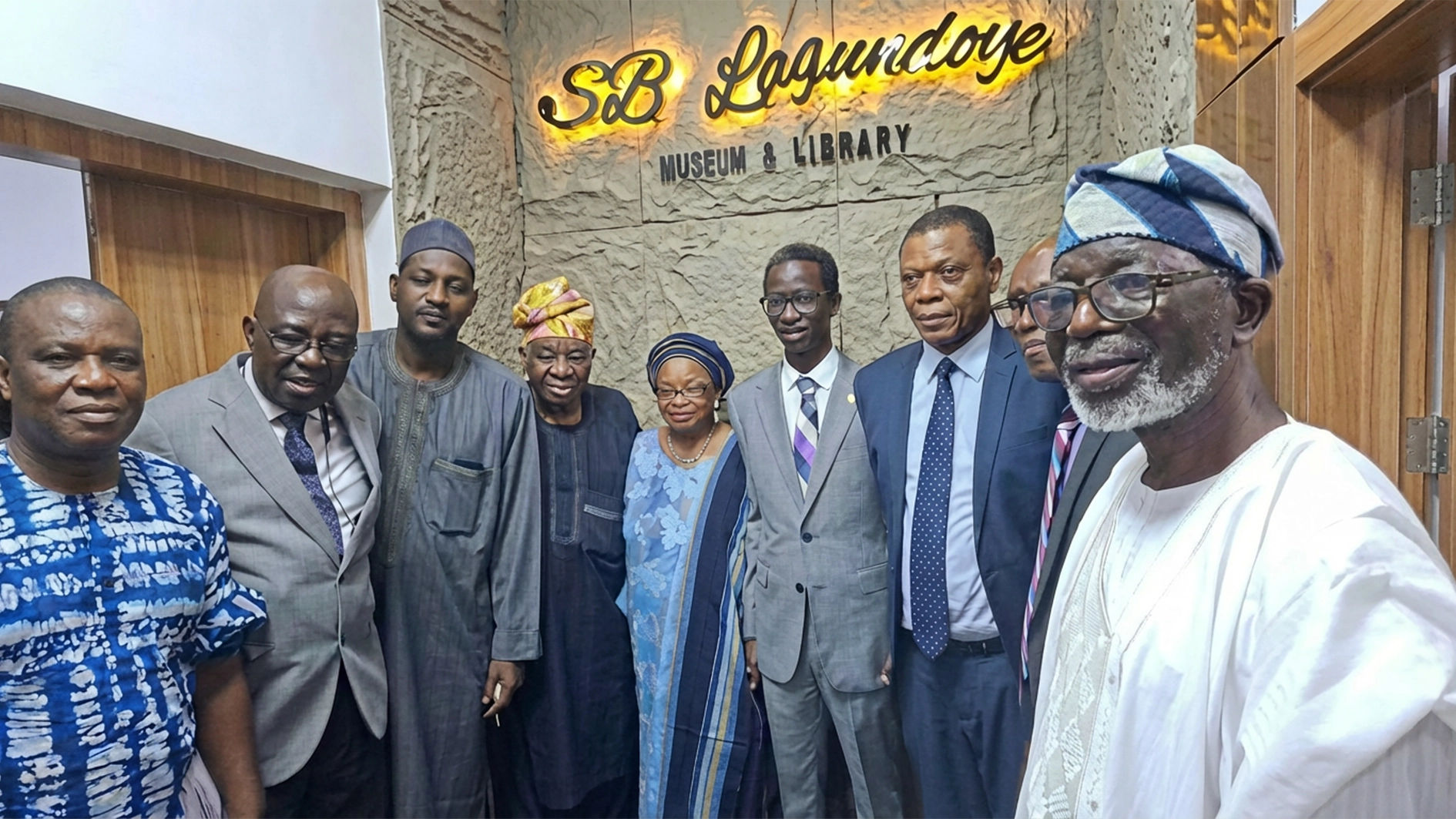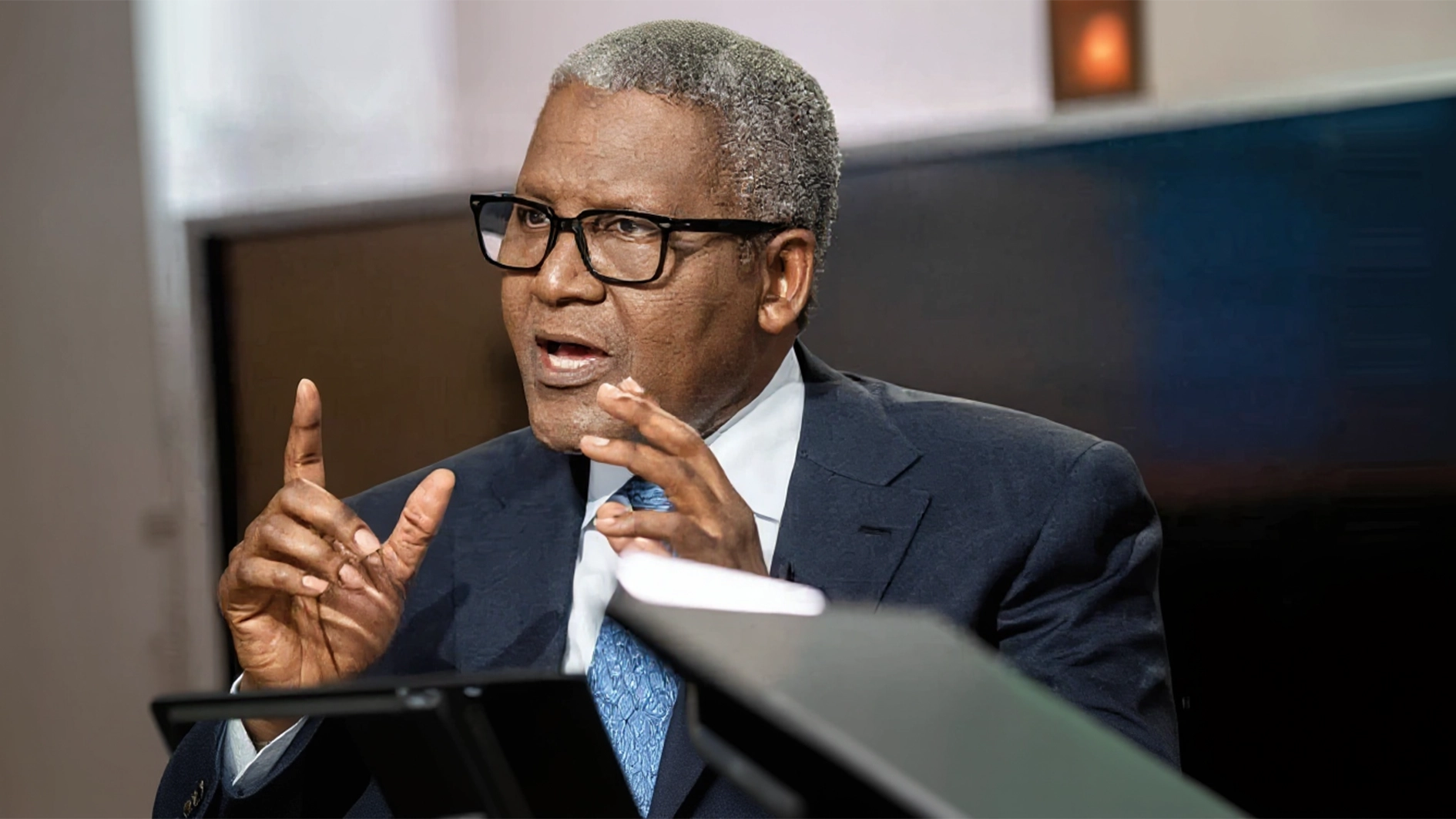The federal government has rolled out reforms to overhaul the education sector as part of President Bola Tinubu’s Renewed Hope agenda.
Introduced since his inauguration in May 2023, the initiatives seek to tackle infrastructure deficits, high dropout rates and skills mismatches.
The Federal Ministry of Education, with agencies such as the Universal Basic Education Commission (UBEC), is coordinating funding, curriculum updates and digital tracking. The reforms, now in effect across the 36 states and the Federal Capital Territory, aim to expand enrolment and prepare students for a digital economy. Below are 10 key measures.
Students loan scheme (NELFUND)
The student loan scheme, managed by the Nigerian Education Loan Fund, provides interest-free loans to undergraduates and postgraduates in public institutions. Approved in June 2024, it has so far reached more than 20,000 students, targeting low-income households to ease access to higher education.
Reinstatement of History as a compulsory subject
History has returned as a core subject in primary and secondary schools, reversing its 2017 downgrade. Announced in February 2025, the curriculum covers Nigerian heritage and global events, with retraining programmes for teachers underway.
National Education Sector Renewal Initiative (NESRI)
The NESRI framework, launched in January 2025 under the slogan “Education for Renewed Hope,” sets a six-pillar roadmap: access, quality, equity, governance, innovation and partnerships. Annual targets are tied to the federal budget.
Teacher professional development plan
Introduced in March 2025, the plan offers continuous training through online platforms and zonal workshops. It targets 1.2 million educators, focusing on pedagogy and subject knowledge. Teachers completing courses gain promotion credits.
Curriculum review
The Nigerian Educational Research and Development Council began a curriculum review in April 2025 to reduce subject overload and prioritise entrepreneurship, digital literacy and civic education. Full rollout is scheduled for the 2026 academic year.
Digital data system upgrade
Since July 2025, a digital platform has linked schools, teachers and students. Using biometric verification tied to National Identification Numbers (NIN), it tracks attendance and performance, designed to cut ghost workers and improve resource use.
Expansion of AGILE and LUMINAH 2030
The World Bank-funded Adolescent Girls’ Initiative for Learning and Empowerment (AGILE) now covers 15 more states. The initiative provides scholarships and sanitary facilities. The LUMINAH 2030 strategy supports vocational training in line with global development goals.
Large-Scale school rehabilitation
UBEC has repaired more than 5,000 classrooms since May 2025, focusing on rural areas. Projects include roofing, sanitation upgrades and solar installations, addressing gaps where most out-of-school children live.
12-Year uninterrupted basic education model
Launched in June 2025, the model extends compulsory education from nine to 12 years. Bridging programmes for dropouts are included. Pilots are underway in Lagos and Kano, aligning Nigeria with UNESCO standards.
Upgrade of technical colleges
Technical colleges are being modernised, with free tuition and stipends of 30,000 naira ($18) per student. Budgeted at 50 billion naira, the scheme targets 100,000 youths annually, with an 80:20 ratio of practical to theoretical learning.
These measures build on earlier efforts such as phasing out junior secondary exams, expanding school feeding to 10 million pupils daily and establishing digital registries for transparency.
Education Minister Tunji Alausa said in September 2025 that the reforms could raise Nigeria’s literacy rate from 62 to 80 per cent by 2030. Challenges remain, particularly funding shortfalls, as education currently takes seven per cent of the 2025 budget and insecurity affecting northern schools. International partners, including UNESCO and the African Development Bank, have pledged technical and financial support.
Tinubu has promised to raise education funding to 20 per cent of the national budget, though analysts warn that oil price volatility may limit fiscal space. Ministry data show primary school enrolment rose by three per cent in the first half of 2025.
Civil society groups have urged the government to ensure reforms reach marginalised communities through broader consultations.






